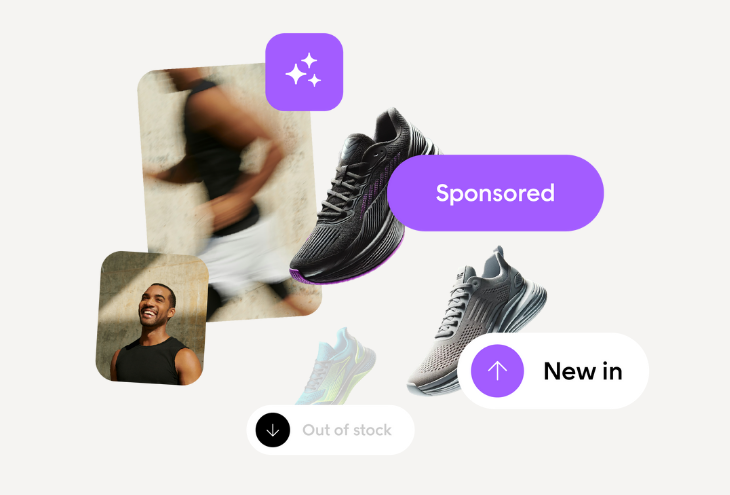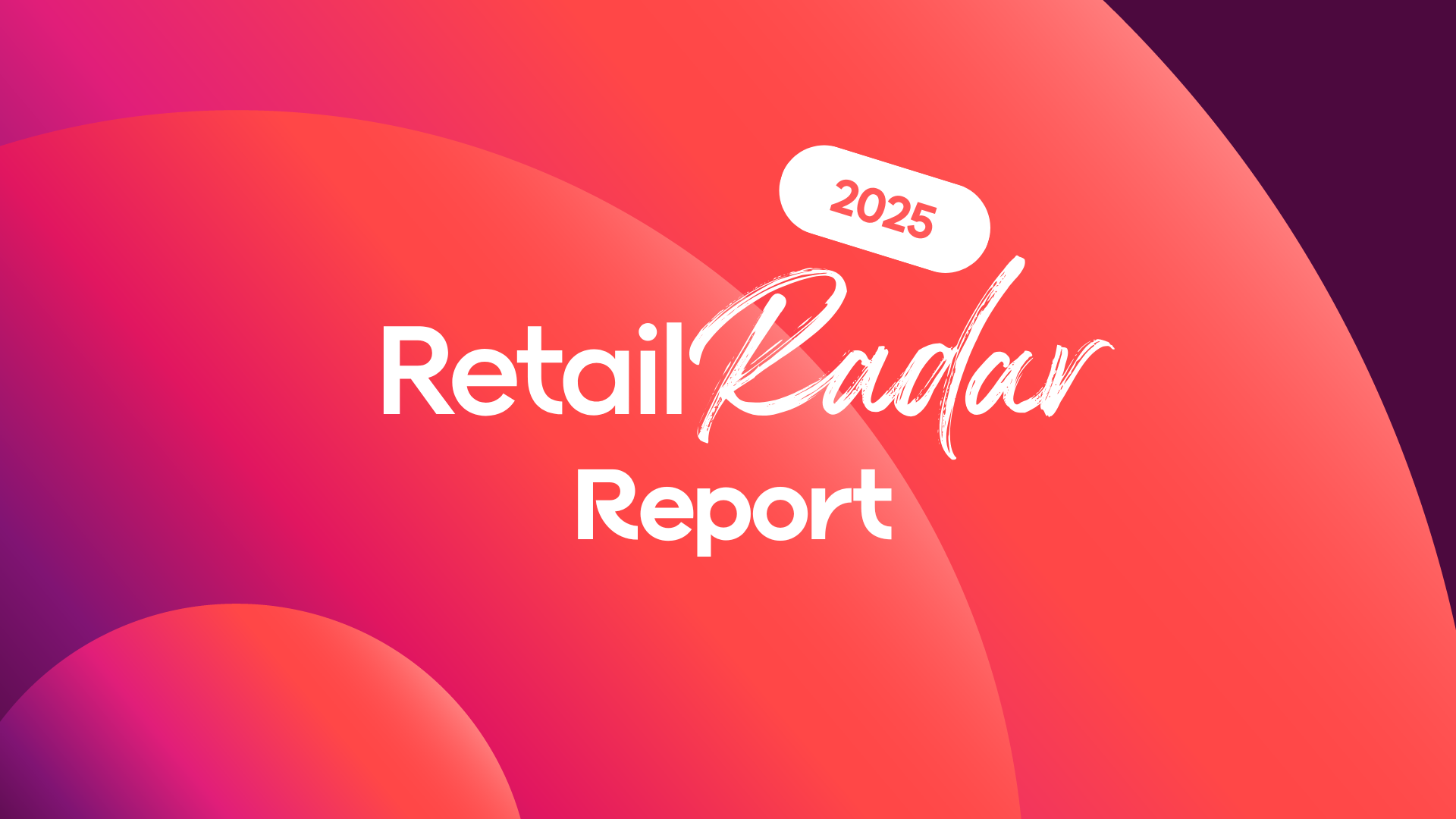1. Business: Innovate when you don’t need to
It’s so easy to look at your business here, now and today from a fortunate position, when it is going very well. It is tempting to sit back a bit and enjoy the ride. But if I could do it all again, I would innovate even more when I am highly successful.
That is when I have the funding, I have the time, and I can do it without the huge pressure of having to deliver instant results – because innovation is about testing and learning. And testing and learning again.
AI can play a crucial role in that, accelerating innovation – both through the automated optimisation of day to day merchandising but, more importantly, by freeing talented people from boring, repetitive tasks and enabling them to focus on strategic, growth activities.
So that’s one key lesson. Always innovate, especially when you don’t need it, and find a way to make more of the talent at your disposal.

2. Technology: Find focus and invest in the best
Technology investment for its own sake is a waste of time and money. It is crucial to know precisely what you want to achieve and then find a solution, a vendor who is delivering a world class solution.
Think of technology like a decathlon. There are ten different events to compete in, and most are excellent, but not the best in any of them – that’s what you get when to rely on one huge platform. They are good, but never the best at anything. To win, you have to focus on a clear strategy and aim to be the best in areas that are important to delivering it – so if I want to lead in decathlon, I need to be world class in running, or jumping for instance.

At IKEA, our overarching goal was to deliver a world class experience based on relevance – in simple terms, to make sure visitors find what they are looking for and discover things they like along the way. That gave us our technology focus – it was absolutely vital to have an integrated solution for search, for merchandising and for recommendations. We didn’t want to have different vendors going in different directions – to enable us to focus on the core.
It was our investment in a single solution for AI- driven search, merchandising and recommendations that realised our strategy – but only because the investment was shaped by clear goals.
3. Being human: Break out of routine
My last point is about us as human beings. For many of us it is quite easy to get into routines – routines for breakfast, how we go to work and so on.
But routines are the opposite of innovation. Routine is doing the same thing every day.
To break out of that, for about a year, I challenged all the managers and co-workers around me by asking a simple question: “When was the last time you did something for the first time?”
In many ways that is not just about how we work, it is about how we live. But it creates a new mindset, and trying small changes eliminates the fear of change, and the tendency to fall back on comfortable routine.
In an e-commerce market where change is the norm, that mindset is absolutely crucial to success.
 Voyado Engage
Voyado Engage  Voyado Elevate
Voyado Elevate  Powered by Bonnie AI
Powered by Bonnie AI 










